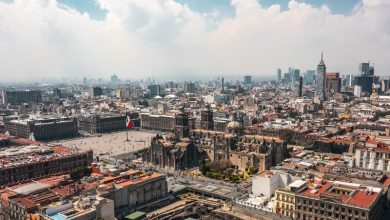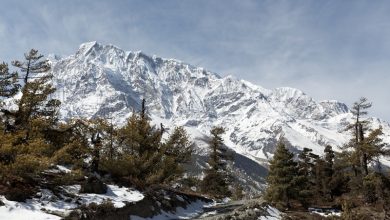Climate edition: Here’s what happened this week around the world

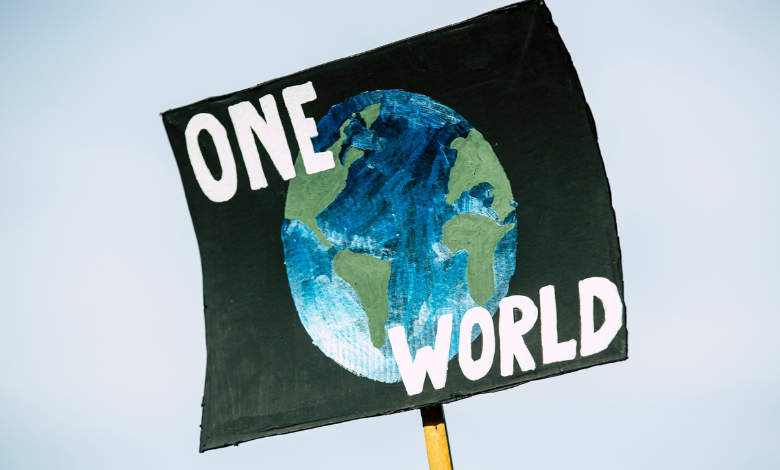
1. UAE organises initiative for Brazil floods
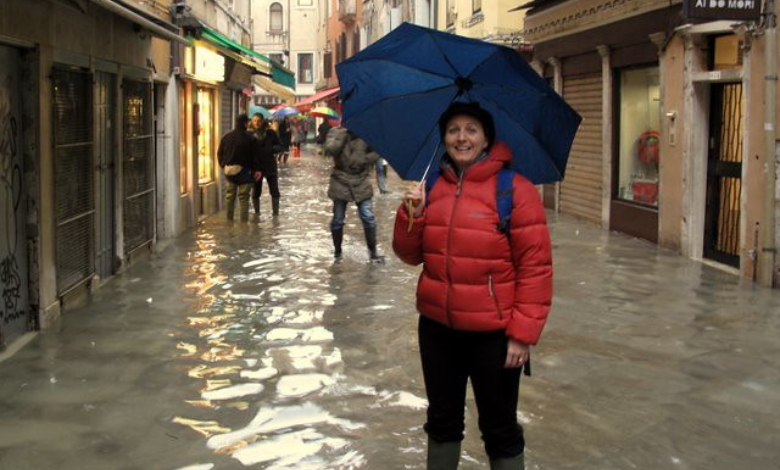
The UAE has launched a humanitarian initiative under the theme “Support the Brazilian state of Rio Grande do Sul” in an effort to collect relief packages including food supplies and essential items for those affected by the recent devastating floods.
2. Many feared dead in Papua New Guinea landslide
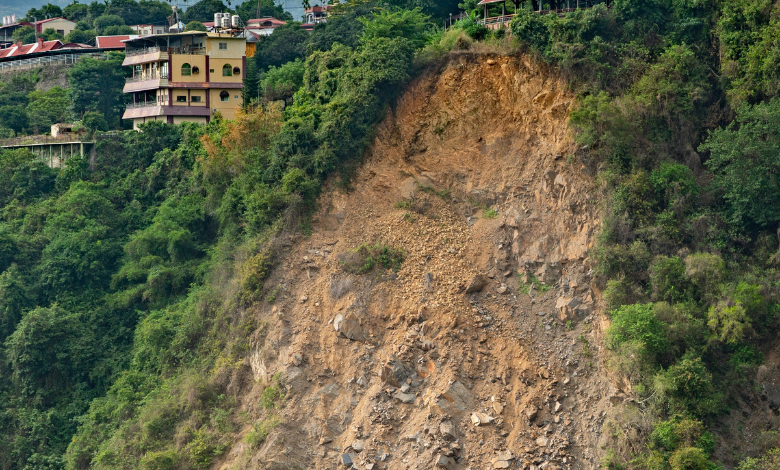
A huge landslide struck six remote villages in the country at around 03:00 local time on Friday, burying more than 100 homes. In recent years, several scientific studies have confirmed that climate change is only exacerbating the landslide problem in the Himalayas.
3. Climate protesters target TotalEnergies general meeting

Hundreds of climate protesters recently targeted the annual meetings of French energy giant TotalEnergies and one of its biggest shareholders Amundi. The protesters stress that TotalEnergies is contributing to global warming and the destruction of biodiversity.
4. Severe turbulence leads to Singapore Airlines accident

Singapore Airlines has changed its seat belt rules after severe turbulence on Tuesday killed a British passenger and left several others hospitalised. Turbulence of that intensity is rare but studies indicate that climate change could be increasing the risk.
5. Thailand closes Koh Pling over coral bleaching
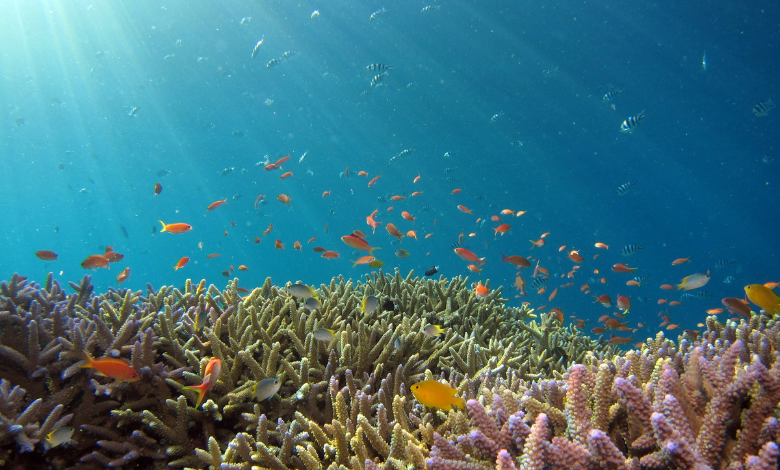
Thailand has closed Koh Pling, a tourist-friendly islet off the coast of Phuket, over extensive coral bleaching. In 2018, Thai authorities took major action to save its reefs. It closed Maya Bay that year. But the protected environment is open to the public in 2024.
6. Microplastics found in human testicles

Microplastics have already been found in human blood, placentas and breast milk. But a recent study published in the journal Toxicological Sciences has discovered the tiny plastic elements’ presence in all human testicles tested. Can microplastics cause sperm counts to drop?
7. Human behaviour threatening 50% of all mangroves
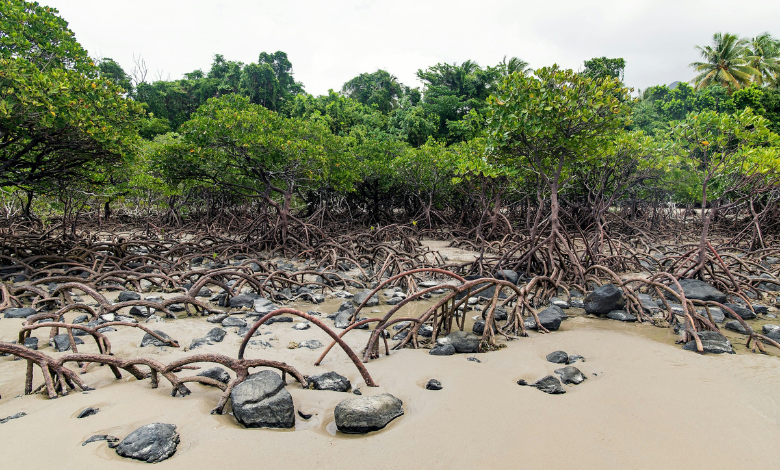
The International Union for Conservation of Nature (IUCN) conducted an analysis to find half of all mangrove forests on Earth are at risk of collapse. Mangrove ecosystems support carbon storage and sequestration, fisheries, and coastal disaster risk reduction.

